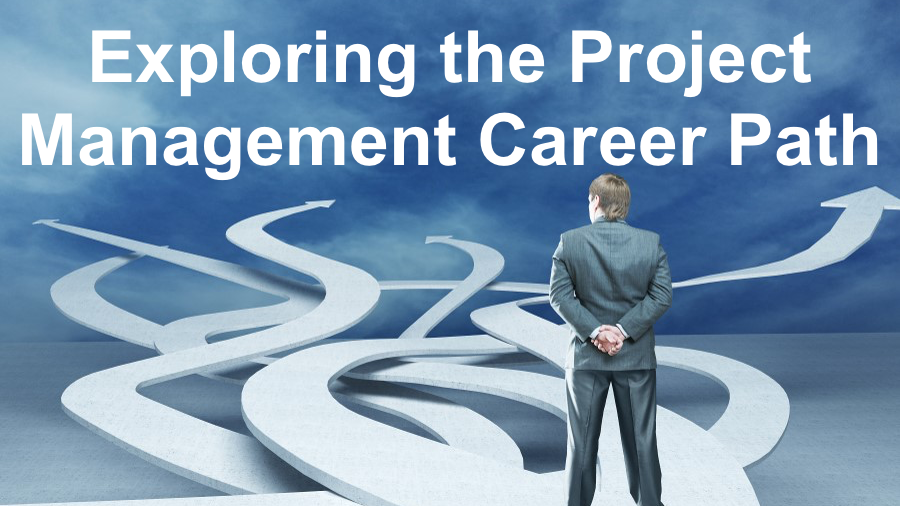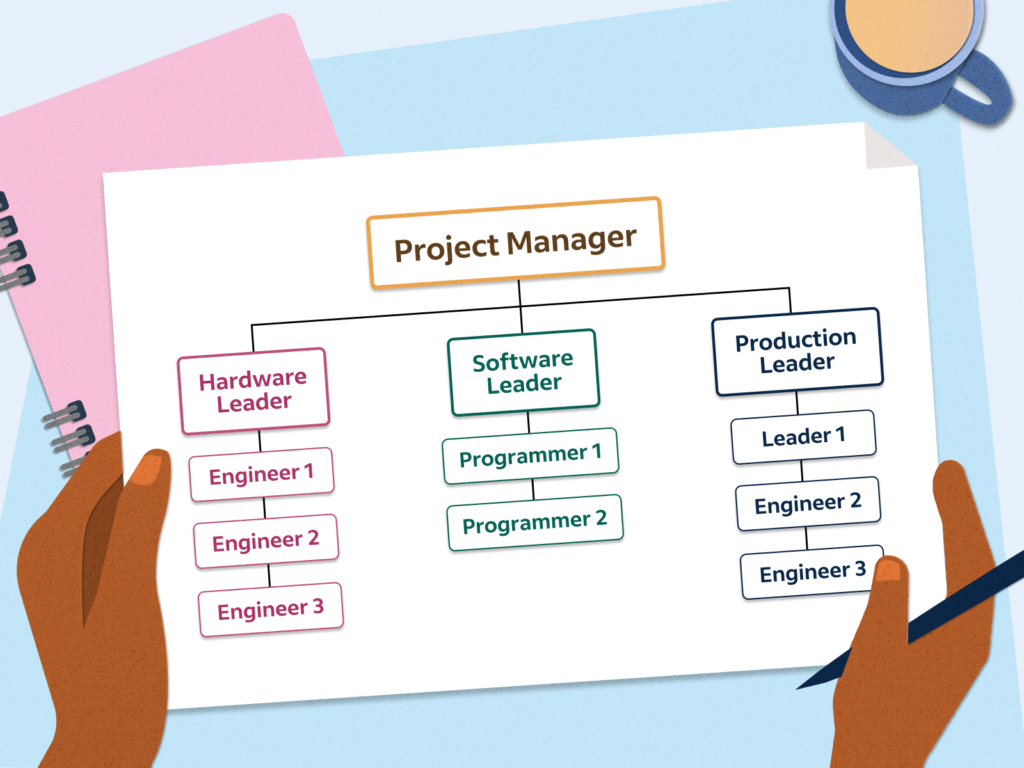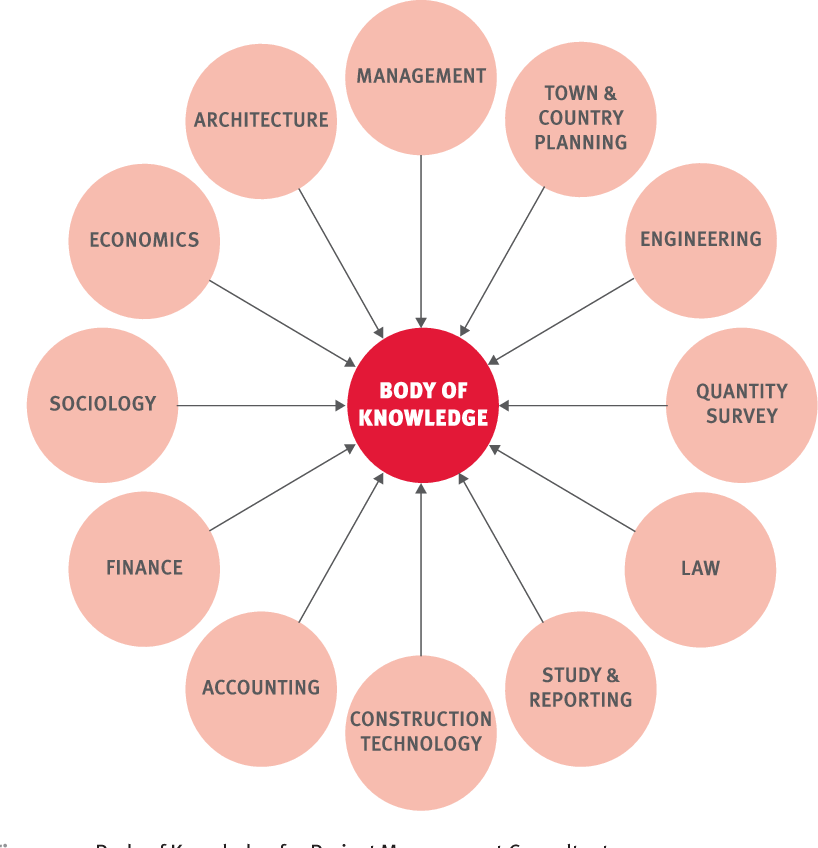
Why You Need A Project Management Consultant
Why You Need A Project Management Consultant
In this article, we will explore the intriguing role of a project management consultant and shed light on the importance they hold within organisations. As businesses strive for success in an ever-evolving market, project management consultants play a vital role in driving efficient and effective project execution. From overseeing timelines and budgets to implementing innovative strategies, these consultants utilise their expertise in management, program management, and agile methodologies to ensure project success. Join us as we uncover the key responsibilities and value that project management consultants bring to the table, offering invaluable guidance and support to businesses navigating complex projects.
At MCTC we provide consultancy, advice and training to ensure you are set up for success. Speak to MCTC today about our consultancy advice and training packages.
I. Understanding the Role

A. Overview of Project Management
Project management is a discipline that involves planning, organising, and controlling the resources and activities required to achieve specific project objectives. It is a structured approach that helps businesses and organisations execute projects effectively and efficiently.
B. Definition of Project Management Consultant
A project management consultant is an experienced professional who provides expert advice, guidance, and support to organisations in planning, managing, and implementing their projects. They work closely with clients to ensure successful project outcomes and help them achieve their strategic goals.
C. Key Responsibilities
As a project management consultant, your key responsibilities include:
- Assisting in project initiation and defining project objectives and scope
- Developing project plans, timelines, and budgets
- Coordinating and facilitating project team activities
- Monitoring project progress and ensuring adherence to timelines and budgets
- Analysing risks and issues and developing mitigation strategies
- Communicating and collaborating with stakeholders
- Managing project documentation and reporting
- Conducting project reviews and identifying lessons learned for continuous improvement.
II. Skills and Qualifications
A. Management Expertise
To excel as a project management consultant, you need strong management expertise. This includes the ability to plan and prioritise tasks, allocate resources effectively, and manage project risks and issues. You should be familiar with project management methodologies and frameworks, such as Agile, Waterfall, or Scrum, and have experience leading and managing project teams.
B. Communication and Interpersonal Skills
Effective communication and interpersonal skills are essential for a project management consultant. You will be working closely with clients, stakeholders, and project teams, so the ability to clearly convey information, actively listen, and build rapport is crucial. Strong presentation and negotiation skills are also beneficial in facilitating effective collaboration and resolving conflicts.
C. Analytical and Problem-Solving Abilities
As a project management consultant, you will often encounter complex problems and challenges. You must possess strong analytical and problem-solving abilities to identify, analyse, and resolve issues efficiently. This includes the ability to gather and analyse data, evaluate risks, and develop creative solutions that align with project objectives and constraints.
D. Industry Knowledge
Having industry knowledge and experience is advantageous as a project management consultant. Understanding the specific requirements, regulations, and challenges of the industries you work in will enable you to tailor your approach and provide valuable insights and recommendations. Stay updated on industry trends, best practices, and emerging technologies to better serve your clients.

E. Certification and Training
Obtaining relevant certifications, such as Project Management Professional (PMP) or Agile Certified Practitioner (ACP), can enhance your credibility and demonstrate your expertise as a project management consultant. Regularly attending training programs, workshops, and conferences will help you stay current with industry standards and sharpen your skills.
III. Project Life Cycle and Implementation
A. Project Initiation
Project initiation is the first phase of the project life cycle. It involves defining the project objectives, scope, and deliverables, as well as identifying stakeholders and securing the necessary resources. As a project management consultant, you play a crucial role in this phase by assisting clients in clarifying project requirements, conducting feasibility studies, and developing business cases.
B. Planning and Organisation
The planning and organisation phase focuses on developing detailed project plans, timelines, and budgets. As a project management consultant, you help clients establish clear project goals, create work breakdown structures, and identify project dependencies and critical paths. You also assist in resource allocation, risk assessment, and contingency planning.
C. Execution and Control
During the execution and control phase, project activities are carried out according to the defined plans. As a project management consultant, you oversee and monitor project progress, ensuring that tasks are completed on time and within budget. You also facilitate effective communication and collaboration among project team members and stakeholders.
D. Monitoring and Evaluation
The monitoring and evaluation phase involves tracking project performance, comparing it to the planned targets, and identifying any deviations. As a project management consultant, you analyse project metrics, assess risks, and implement corrective actions if necessary. Regular progress reports and status updates are provided to the project stakeholders.
E. Closure and Post-Project Review
The closure and post-project review phase marks the completion of the project. As a project management consultant, you ensure all deliverables are met and conduct a thorough review to identify lessons learned. This phase includes documenting the project’s successes, challenges, and recommendations for future improvements. The final project report is prepared, and project closure activities, such as archiving project documentation, are carried out.
IV. Collaborating with Stakeholders
A. Identifying and Engaging Stakeholders
Identifying and engaging stakeholders is a critical aspect of project management consulting. You help clients identify relevant stakeholders, understand their needs and expectations, and determine their level of influence. By engaging stakeholders early and throughout the project, you can ensure their support and involvement, increasing the likelihood of project success.

B. Managing Stakeholder Expectations
Managing stakeholder expectations is essential to maintain effective communication and alignment throughout the project. As a project management consultant, you facilitate stakeholder workshops, conduct regular stakeholder meetings, and actively listen to their concerns and feedback. You also manage conflicts and address any changes in stakeholder requirements.
C. Building Relationships and Communication
Building positive relationships and effective communication channels with stakeholders is vital. As a project management consultant, you foster open and transparent communication, ensuring that stakeholders are informed and involved in project decisions. Regular updates, status reports, and stakeholder presentations help build trust and maintain stakeholder engagement.
D. Conflict Resolution
Conflict can arise among stakeholders during a project, and as a project management consultant, you play a key role in resolving disputes and finding mutually beneficial solutions. You facilitate constructive discussions, encourage compromise, and mediate conflict when necessary. By addressing conflicts proactively, you maintain project momentum and foster a collaborative environment.
V. Agile Methodologies in Project Management
A. Understanding Agile Principles
Agile is an iterative and flexible approach to project management that focuses on delivering value incrementally and responding to change effectively. As a project management consultant, you should have a solid understanding of Agile principles, such as prioritising customer satisfaction, embracing change, and promoting adaptive planning and collaboration.
B. Incorporating Agile Practices
Incorporating Agile practices in project management involves implementing methodologies like Scrum or Kanban. As a project management consultant, you guide clients in selecting and tailoring Agile practices to their specific project needs. This includes facilitating Agile ceremonies, such as daily stand-ups, sprint planning, and retrospectives, to enhance team collaboration and delivery.
C. Agile Project Management Tools
Agile project management tools help streamline project planning, tracking, and communication. As a project management consultant, you recommend and implement Agile project management software, such as Jira, Trello, or Asana, based on your client’s requirements. These tools enable real-time visibility, facilitate task management, and enhance team collaboration.
D. Agile vs. Traditional Project Management
Understanding the differences between Agile and traditional project management approaches is crucial for a project management consultant. Agile emphasises flexibility, adaptability, and collaboration, while traditional project management focuses on comprehensive planning and sequential execution. By comparing both approaches, you can help clients select the most suitable methodology for their projects.
VI. Risk Assessment and Management
A. Identifying and Assessing Risks
Identifying and assessing risks is a crucial step in project management consulting. You work closely with clients to identify potential risks, analyse their potential impact, and evaluate the likelihood of occurrence. Tools such as risk registers and risk assessment matrices help categorise and prioritise risks based on their severity and urgency.
B. Developing Risk Mitigation Strategies
Once risks are identified and assessed, as a project management consultant, you assist clients in developing risk mitigation strategies. This involves creating contingency plans, implementing risk controls, and defining response actions. By proactively addressing risks, you minimise their impact on project outcomes and increase the chances of success.
C. Monitoring and Controlling Risks
Monitoring and controlling risks is an ongoing process throughout the project life cycle. As a project management consultant, you regularly review risk registers, assess the effectiveness of risk mitigation strategies, and implement necessary adjustments. Regular risk status updates and reporting ensure that project stakeholders are informed and involved in risk management activities.
D. Risk Documentation and Reporting
Documenting and reporting risks is essential for effective risk management. As a project management consultant, you maintain detailed records of identified risks, mitigation strategies, and monitoring outcomes. Regular risk reports and stakeholder communication help create awareness and facilitate informed decision-making concerning risk management.
VII. Managing Scope and Change
A. Scope Definition and Baseline
Managing scope is essential to ensure project objectives are clearly defined and expectations are managed effectively. As a project management consultant, you assist clients in defining the project scope, deliverables, and boundaries. You establish a baseline against which project changes can be evaluated and managed to prevent scope creep.
B. Change Management Process
Change is inevitable in projects, and as a project management consultant, you play a vital role in managing change effectively. This involves implementing a change management process, including change request documentation, impact assessment, and stakeholder approvals. You facilitate change control boards or committees to review and approve changes based on their impact on project objectives, scope, timeline, and budget.
C. Change Control and Scope Creep
Scope creep refers to uncontrolled changes or additions to the project scope. As a project management consultant, you actively manage scope by assessing and controlling proposed changes against the project baseline. You assist clients in evaluating the impact of changes, negotiating trade-offs, and ensuring that approved changes are properly implemented and communicated.

D. Impact Assessment and Documentation
Impact assessment is a critical part of managing scope and change. As a project management consultant, you assess the impact of proposed changes on project objectives, timeline, resources, and budget. You document the results of impact assessments, including any necessary adjustments to the project plan, and communicate these changes to stakeholders for their understanding and agreement.
VIII. Effective Team Collaboration
A. Team Composition and Dynamics
As a project management consultant, you help clients build high-performing project teams by considering factors such as team composition, skills, and diversity. You promote team dynamics that foster open communication, collaboration, and respect. Understanding the strengths and weaknesses of team members enables you to leverage their skills effectively.
B. Facilitating Teamwork and Cooperation
Facilitating teamwork and cooperation is crucial for successful project outcomes. As a project management consultant, you encourage a collaborative work environment, facilitate team meetings and workshops, and promote effective communication and knowledge sharing among team members. This enables the team to work together cohesively towards project goals.
C. Conflict Resolution and Problem-Solving
Addressing conflicts and solving problems is an essential aspect of effective team collaboration. As a project management consultant, you mediate conflicts, facilitate discussions, and encourage collaborative problem-solving approaches. By promoting open dialogue and assisting in resolving conflicts, you contribute to a supportive and productive team environment.
D. Motivating and Empowering Team Members
Motivating and empowering team members is key to maintaining their engagement and productivity. As a project management consultant, you recognise and appreciate their contributions, provide constructive feedback, and foster a positive team culture. By empowering team members with autonomy and decision-making authority, you enhance their sense of ownership and motivation.
IX. Project Reporting and Documentation
A. Developing Project Reports
Developing project reports is an essential part of project management consulting. As a project management consultant, you compile and analyze project data, such as progress updates, budget information, and risk assessments. You prepare comprehensive reports to communicate project status, achievements, challenges, and recommendations to stakeholders and support informed decision-making.
B. Documenting Project Processes
Documenting project processes ensures that project activities are accurately recorded and can be replicated in the future. As a project management consultant, you establish clear document control processes and templates for project documentation, such as project plans, meeting minutes, and change requests. Regular documentation updates and version control are maintained throughout the project.
C. Maintaining Project Documentation
Maintaining project documentation is essential for knowledge retention and future reference. As a project management consultant, you ensure project documentation is organized, accessible, and up to date. This includes archiving historical project data, lessons learned, and relevant project artifacts for efficient retrieval and knowledge sharing.
D. Reporting to Stakeholders
Reporting to stakeholders is crucial to keep them informed and engaged throughout the project. As a project management consultant, you develop stakeholder communication plans and provide regular project status updates. By tailoring your communication to meet their specific needs and preferences, you ensure stakeholders are well-informed and actively involved in decision-making.
X. Continuous Improvement and Lessons Learned
A. Conducting Project Reviews
Conducting project reviews is essential for continuous improvement. As a project management consultant, you facilitate post-project reviews to evaluate project outcomes, identify areas for improvement, and capture lessons learned. These reviews help refine project management practices, streamline processes, and enhance future project performance.
B. Identifying Lessons Learned
Identifying lessons learned is a valuable part of project management consulting. As a project management consultant, you encourage project team members to share their experiences, insights, and recommendations. By capturing lessons learned, you enable knowledge sharing, promote best practices, and avoid repeating mistakes in future projects.
C. Implementing Process Improvements
Based on lessons learned and post-project reviews, you assist clients in implementing process improvements. This involves analysing project data, identifying bottlenecks or inefficiencies, and recommending adjustments to project management methodologies or practices. By continuously improving processes, you enhance project outcomes and drive organisational success.
D. Knowledge Sharing and Best Practices
As a project management consultant, you promote knowledge sharing and the adoption of best practices. You establish platforms, such as knowledge management systems or communities of practice, to facilitate the exchange of information, ideas, and lessons learned. By fostering a culture of continuous learning and improvement, you contribute to the professional development of project teams and organisations.
In conclusion, the role of a project management consultant is diverse and multifaceted. By possessing management expertise, effective communication skills, and knowledge of project methodologies, a project management consultant can provide valuable guidance and support throughout the project life cycle. Collaboration with stakeholders, incorporating Agile methodologies, addressing risks, and managing scope and change are all essential aspects of the role. Through effective team collaboration, comprehensive project reporting and documentation, and a commitment to continuous improvement, a project management consultant contributes to successful project outcomes and organisational growth.

